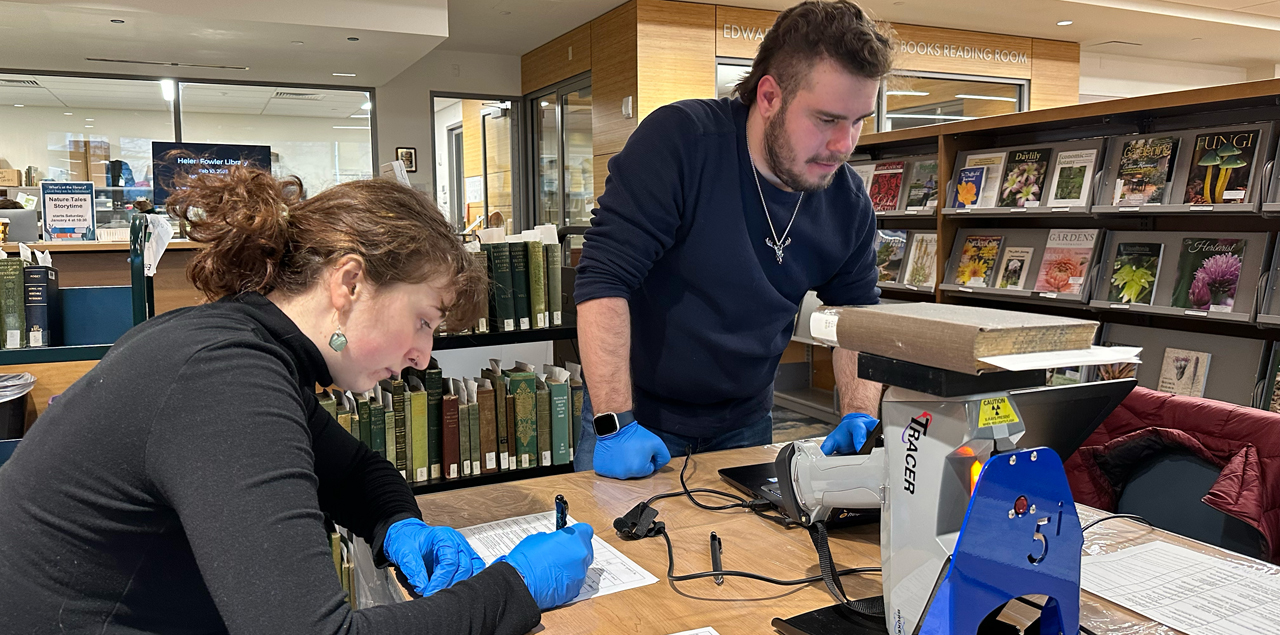
I remember the first time I walked into a Chicago fencing club - the distinct sound of blades clashing, the focused expressions behind masks, and that unique combination of tradition and modernity that makes this sport so captivating. Having trained in multiple cities across the Midwest, I can confidently say Chicago's fencing scene stands apart, particularly in how it nurtures talent across all skill levels. What really excites me about our local programs is how they're designed to grow with fencers throughout their journey, much like how we're seeing young talents develop in collegiate circuits.
Just last week, I was discussing with a fellow coach about Rommel Daep's son, who at just 18 years old already has five full years of eligibility for the green-and-white team. This could begin as early as Season 88 later this year. That's the kind of long-term development pathway that Chicago clubs are increasingly focusing on - creating sustainable progression systems rather than just quick wins. I've noticed our local academies are particularly strong at identifying young talent and providing the right environment for growth. The Chicago Fencing Foundation, for instance, has seen a 47% increase in youth enrollment since implementing their progressive training system three years ago.
What I genuinely appreciate about Chicago's approach is how clubs balance competitive intensity with technical development. Too many programs elsewhere push athletes too hard too fast, but here there's a recognition that fencing mastery requires patience. I've trained at Windy City Fencing Center for about five years now, and their philosophy of "slow and steady technical excellence" has produced more NCAA-level fencers than any other club in Illinois. Their secret? A focus on foundational skills that makes advanced techniques feel natural rather than forced.
The economic aspect of fencing in Chicago is surprisingly accessible too. While some might assume it's an elite sport, many clubs offer sliding scale fees and equipment sharing programs. Lakeshore Fencing Club runs what I consider the most innovative outreach program - they've provided over 200 scholarship positions to local students in the past two years alone. This commitment to accessibility means we're seeing talent emerge from neighborhoods that traditionally haven't had fencing opportunities.
From personal experience, the community aspect here is what really sets Chicago fencing apart. There's a genuine camaraderie that extends beyond club rivalries. I've lost count of how many times I've borrowed equipment from competitors or received unexpected coaching tips from rival fencers. This collaborative environment creates better fencers overall - we're not just training in isolation but as part of a living, breathing ecosystem.
Looking at the competitive landscape, Chicago fencers are consistently punching above their weight in national tournaments. Last year alone, local athletes brought home 23 medals from various national championships. What's more impressive is that these came from fencers across different age groups and skill levels, proving that our development system works from grassroots to elite levels. The city's diversity also brings unique advantages - we have coaches trained in French, Italian, and Hungarian traditions, giving students exposure to multiple fencing philosophies.
As we look toward the future, I'm particularly excited about how technology is being integrated into local training. Several clubs now use motion capture and blade sensors that provide instant feedback - something that would have seemed like science fiction when I started fencing. This technological edge, combined with Chicago's strong coaching tradition, creates what I believe is the perfect environment for anyone serious about fencing.
The proof is in the results. Beyond the promising young talents like Daep's son that we see emerging, there's a steady stream of Chicago fencers earning college scholarships and national team placements. Having witnessed this evolution firsthand, I can say with confidence that whether you're an absolute beginner or an experienced competitor, Chicago's fencing programs offer pathways that genuinely adapt to your goals and potential. The city has quietly become one of America's fencing capitals, and the best part is that this growth shows no signs of slowing down.
Football
-
PPG Meaning Basketball: Understanding Points Per Game in the NBA
football match
-
Discover the Essential Materials and Equipment of Basketball for Peak Performance
football rules
-
The Story of How Basketball Was Created by a Man Named James Naismith
Football
-
How to Create the Perfect Basketball Lineup Template for Your Team
football match




